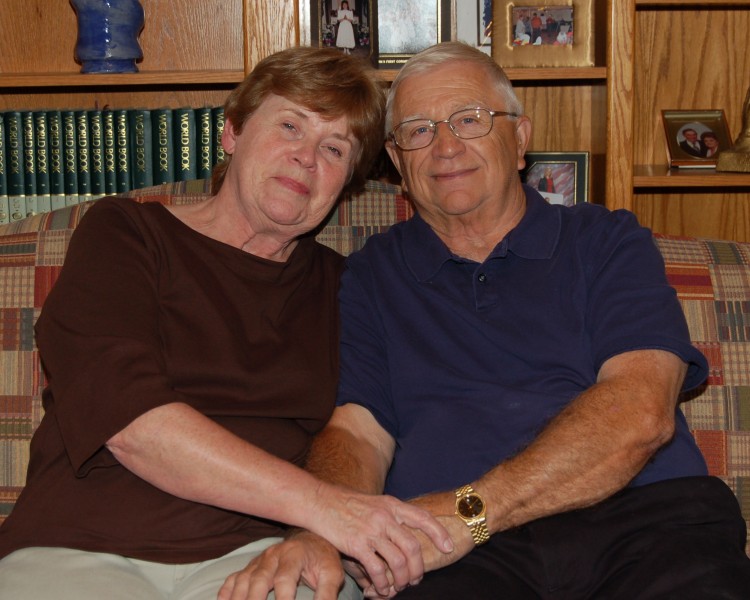I have a very fond memory from when I was a preteen. My mother did shift work at a plant 30 miles away from home. Each week was a different shift – days, afternoons, and nights. One night, when she was on afternoons, I was awake and just starting to watch the 1937 movie “Stella Dallas” starring Barbara Stanwyck, which is about a woman who sacrifices her relationship with her daughter in an attempt to give her daughter a chance at a better life. The movie started at 1 a.m. My mother arrived shortly after from a long work shift and long drive home in the dark. I expected her to be irritated with me for not being in bed. Instead, she joined me in the family room. If I remember correctly, I think she even made popcorn. Anyway, it’s a wonderfully sad ending. We both teared up, and went to bed. It is a precious memory.
Telling this story gives the impression that my mother and I had this wonderful relationship destined to be used as an example for mothers and daughters everywhere. We did not. There were moments like that particular night I will never forget, but most of our time together was sporadic given her job and my independence. At other times, our relationship was quite contentious. But I would bet she would say I was neither her easiest nor her hardest child to raise. She had five of us, and I am her baby – her “caboose” as she likes to call me. Looking back, I am grateful for my childhood and how I was raised. The lesson from “Stella Dallas” was not lost on me. My mother’s sacrifice for us was the ever changing shifts of her job to give us the opportunities she didn’t have. It was a valuable lesson.
As an adult, when I married and had children of my own, we spoke less often, but things were fine between us. My independent nature really kicked in, and she respected that even applauded it. We had discussions about how she would want me and my siblings to care for her and my father in their later years. Nothing unexpected there. Natural process of life. Children should care for their aging parents, right?
All that changed four years ago when I became ill and was diagnosed with lupus and idiopathic thrombocytopenic purpura (ITP). My platelets were dangerously low, and the lupus was coming on strong. Both of my parents, particularly my mother, went into panic mode. They learned quickly that their son-in-law, whom they already loved, was very capable of organizing all of my doctors, medications, and of putting me to back together as best as could be. 
Still, my mother had difficulties navigating her own reactions for a time. After all, I was very ill for a year and a half. The idea of her child dying before her weighed heavily on her mind. This is not the natural order.
She wanted to help but couldn’t because we live multiple states apart from each other. That time must have been as hard on her as it was on me.
When I am able to go there to visit, she babies me more than I can recall from my childhood. (Except once when I had a very nasty stomach issue.) I get the best chair in her home, under the best blanket, and any food I want. My oldest son lives near her. She checks in on him in ways she hopes matches how I would if I was healthy and lived nearby. She tries to help by filling in for me.
I have discovered through her that it is easier to gauge how I am doing via my tone of voice instead of looking at me. Since I became sick she calls me weekly, and she can tell how I am feeling through the phone better than anyone physically around me except my husband. Often, we compare notes on doctors, medications, physical therapy, and aches and pains – me from lupus and fibromyalgia, her from age and years of factory work. Most of our conversations end in laughter.
We have concurrent shared experiences that we should not have. I should be decades behind her. However, shared experiences are what bring people together. “Stella Dallas” kept her tough experiences away from her daughter. The daughter did likewise. Maybe, if they had shared them, the ending of the movie could have been different.
Thinkstock Image By: KatarzynaBialasiewicz

